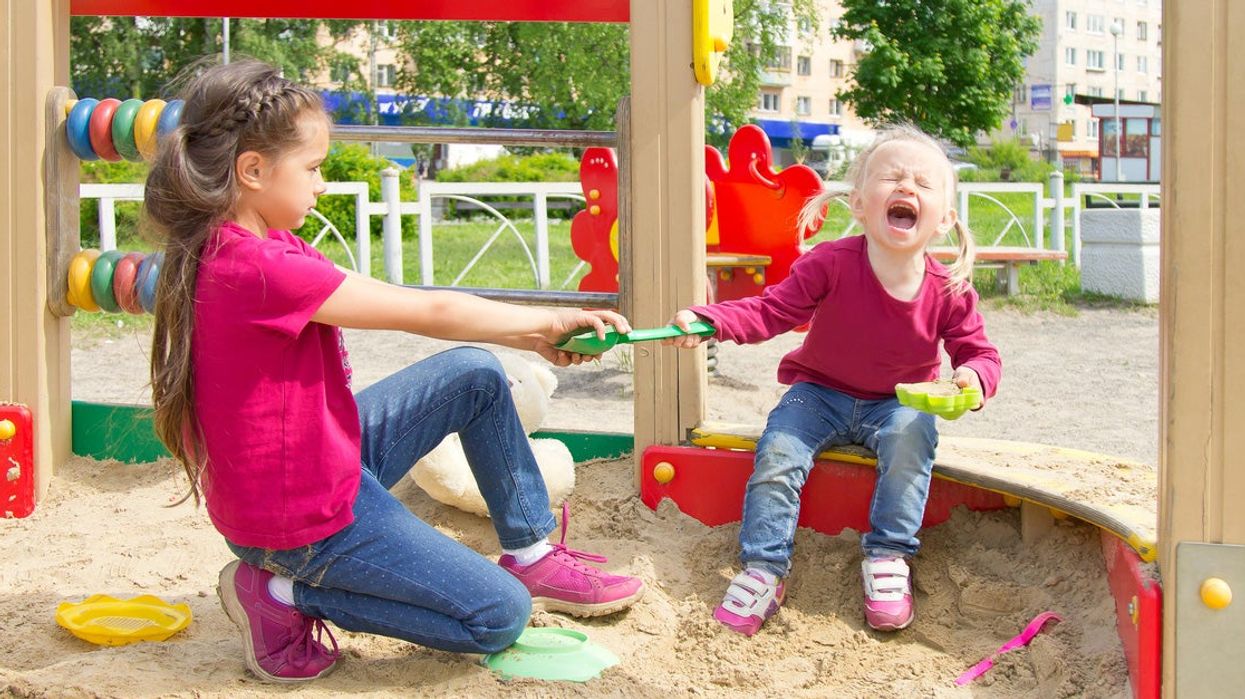News
Greg Evans
Jul 11, 2020

Picture:
Getty Images/iStockphoto
If you were fortunate to be an only child you would have avoided the torment of the never-ending fights with a sibling.
You were either at each other's throats over the smallest of things or annoyed the other so much that it always ended in tears.
Looking back it all, you probably regretted a lot of those conflicts as they now seem so trivial and pointless.
However, research from the University of Cambridge's Centre for Family Research suggests that a healthy sibling rivalry can actually help your mental and emotional development as well as social skills.
The study, which is titled Toddlers Up is part of a five-year research project that analysed the cognitive and social development of children between the ages of two and six.
140 children took part in the project and results showed that having a sibling can have a positive impact on a person's early development, even if the relationship is a negative one.
The study included video observations where they interacted with family, friends and strangers, interviews and questionnaires and a number of tests which assessed their use of language, planning skills, memory and self-control.
That being said, only a mild rivalry was considered to be good as a sustained feud between two siblings over a number of years could lead to difficulty in relationship building and behavioural issues in later life.
Dr Claire Hughes, who worked on the study is quoted by Cambridge University as saying:
The traditional view is that having a brother or sister leads to a lot of competition for parents’ attention and love.
In fact, the balance of our evidence suggests that children’s social understanding may be accelerated by their interaction with siblings in many cases.
One of the key reasons for this seems to be that a sibling is a natural ally.
They are often on the same wavelength, and they are likely to engage in the sort of pretend play that helps children to develop an awareness of mental states.
After studying transcripts from children who were involved in the project they noticed that when they were placed in a pretend play environment, the youngsters often discussed their thoughts and feelings in depth.
This is referred to as 'emotional scaffolding' which allows the children to construct a story which helps them develop ideas and awareness of their on their own mental state.
Furthermore, when two children were in the room and were teasing or arguing with each other, their exchanges still showed that they were expressing some sort of emotional language.
Sometimes a younger sibling who had shown a lower rate of mental development in earlier life had often improved socially by the age of six, as a result of talking to an older sibling.
Hughes added:
The children who performed best on tasks designed to test their social understanding at the age of six came from families where the mother carried out conversations in which they elaborated on ideas, highlighted differences in points of view, or tuned into children’s interests.
A lot of attention has been given to the beneficial impact of children being exposed to lots of family conversation. This shows we need to focus on the nature and quality of that conversation as well.
HT UniLad
Top 100
The Conversation (0)













